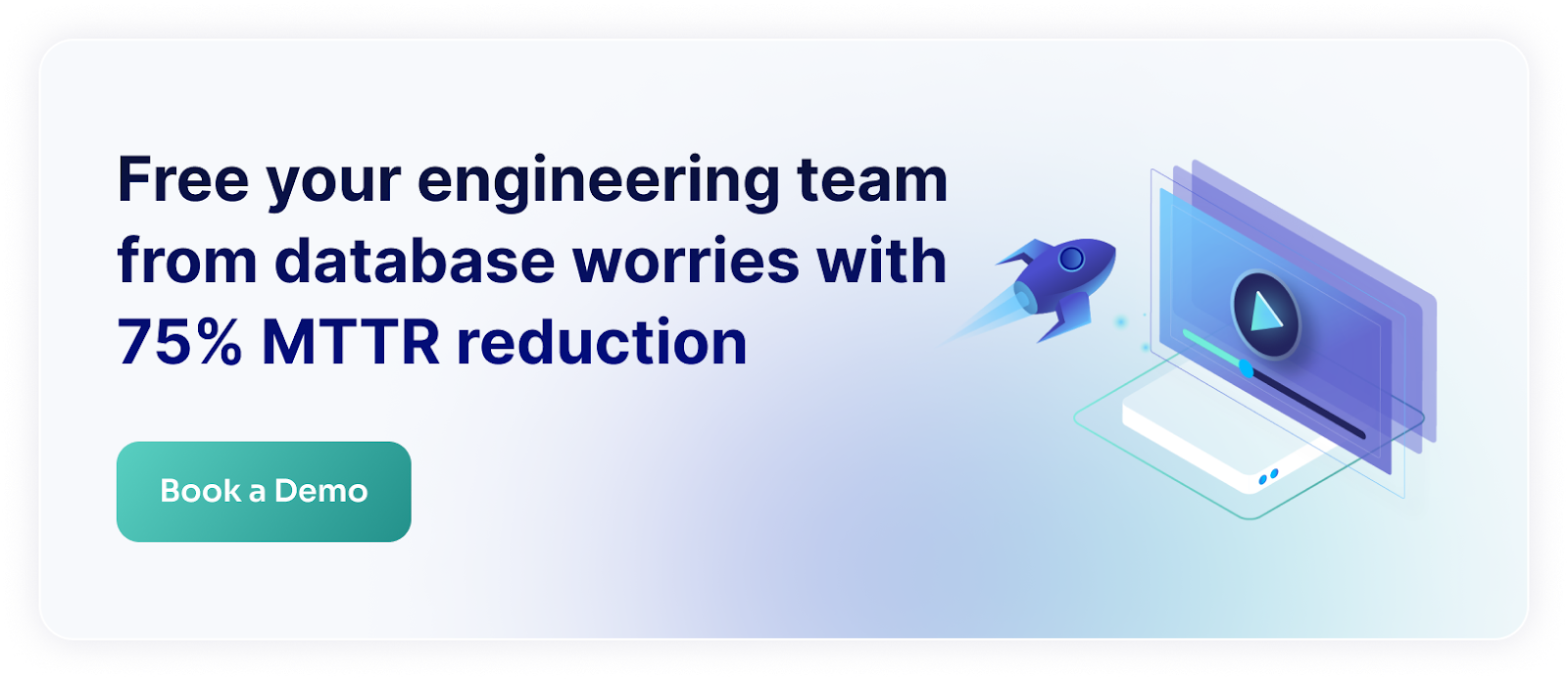Testing databases alone isn’t sufficient; observability is essential for ensuring database reliability. Here’s why and how it matters.
Tests Are Not Enough
Tests are designed to evaluate whether a service and its database are fast and reliable enough for production deployment. While they serve this purpose well, they come with significant drawbacks that make them less practical in real-world scenarios.
One key issue is the time required. Load testing involves running thousands of transactions over hours to generate meaningful insights. This process includes filling caches, drives, and networks while maintaining operations for extended periods, making quick feedback unattainable. Tests often run overnight or are integrated into CI/CD pipelines without immediate results.
Writing tests is another challenge. Unit tests frequently fail to capture real-world interactions, leaving critical issues undiscovered. Integration tests are even more demanding—they need more than random service requests. To be effective, they must simulate production-like data distributions and ensure the data used is contextually valid.
Stateful services add another layer of difficulty. Preparing databases, managing states, and covering all potential code paths is a complex and resource-intensive task, especially when the service exhibits region-specific behavior or undergoes rapid changes. Producing reliable and meaningful results in such dynamic environments is no small feat.
Test maintenance compounds the problem. As data evolves and services change, test data must be continuously updated to remain relevant. While replaying production traffic might seem like a straightforward solution, it risks exposing invalid states or missing critical code paths, jeopardizing the reliability of results.
Compliance with regulations like GDPR, CCPA, and other privacy laws introduces additional constraints. Using production data in non-production environments is often prohibited due to security policies and privacy risks. Mitigating these risks requires anonymizing data, removing sensitive information, and implementing safeguards to prevent data leaks—an intricate and error-prone process.
Furthermore, unit tests frequently miss critical issues, and load tests occur too late in the development cycle. By the time load tests expose problems, the code has been written, reviewed, merged, and deployed to some environments. Fixing issues at this stage is costly and time-consuming, often requiring significant rework.
So, what’s the alternative? Read on to find out.
The Solution Relies on Observability
Instead of relying solely on unit tests or load tests for databases, we should prioritize identifying issues early in the development process. Observability techniques allow us to monitor behind-the-scenes activity and catch potential problems directly in developers' environments.
For instance, telemetry can capture database queries, which can then be projected onto the production database to analyze their execution plans. This provides immediate insights into whether queries will perform efficiently in production.
Similarly, schemas and configurations can be validated instantly. We can verify whether indexes are correctly configured, ensure queries are effectively using those indexes, and optimize data access patterns. These validations can be automated and directly compared with the production database, giving developers instant feedback within their development environment—bypassing the need for code reviews or staging deployments.
Observability offers even more benefits. By tracking changes and their impact, we can identify production issues and trace them to specific code changes. This enables automated pull requests to resolve problems, optimizing configurations, schemas, indexes, and extensions. The outcome is enhanced database reliability and the foundation for automated self-healing systems.
Save Time and Money with Metis
Metis evaluates queries directly within the developers' environments:

Similarly, Metis evaluates schema migrations to safeguard your databases against performance degradation and data loss:

Metis provides comprehensive oversight of your entire database:

Summary
Tests are expensive, difficult to design and maintain and take a long time to execute. Additionally, load tests typically happen only after the code has been reviewed and merged. By adopting observability, we can overcome these challenges and identify issues much earlier in the development cycle. Metis streamlines this process, delivering reliable database performance with ease.







